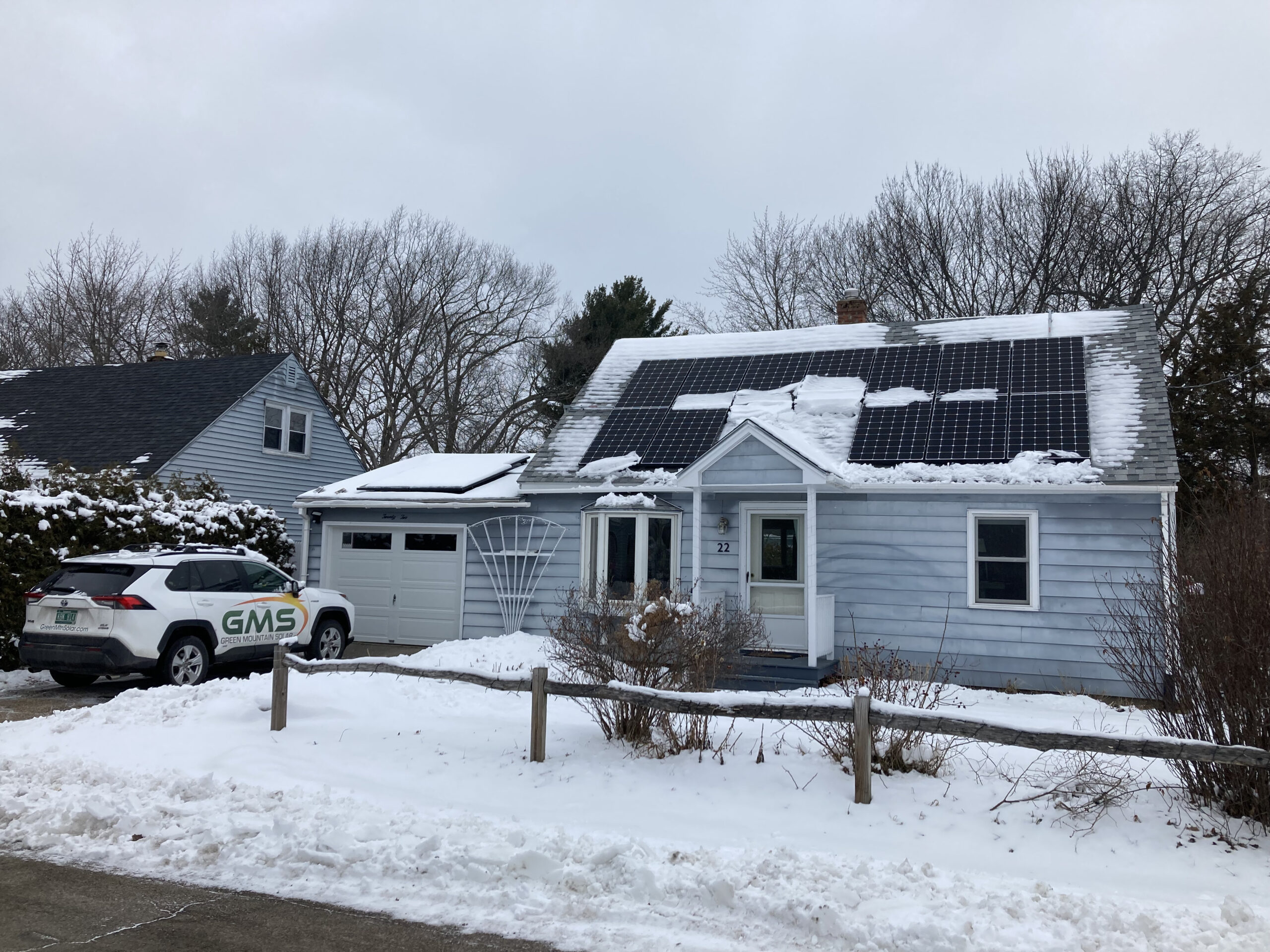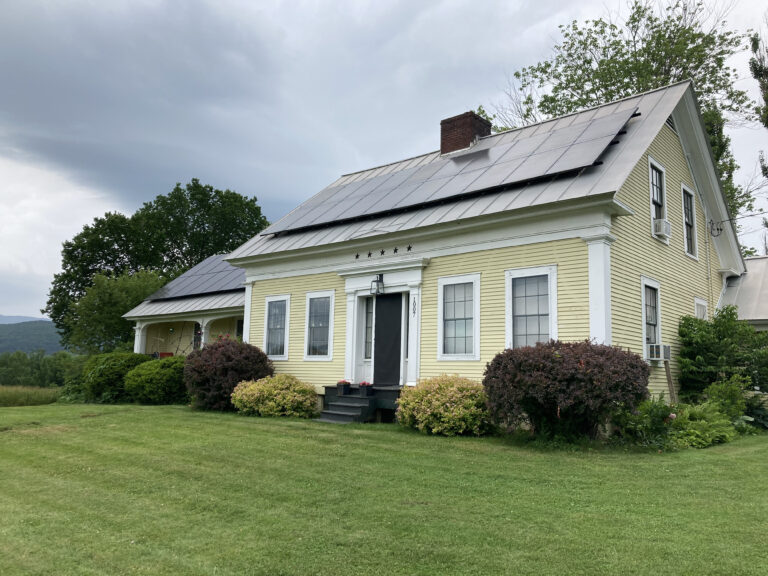Solar panels are a popular solution for homeowners looking to reduce their carbon footprints and their monthly electricity bills. Yet, for some potential adopters of solar, there remains a common question: “Are solar panels effective on cloudy days?” The short answer is yes, solar panels can produce energy even when the sun isn’t out. Below, we explain how panels are still able to generate sufficient electricity on cloudy days and the factors that affect their production.
How Solar Panels Work When it’s Cloudy
Traditional solar panels are made up of numerous solar cells, each housing silicon. When photons, or light particles, hit the silicon atoms, they excite the electrons, which generates an electrical current. On sunny days, photons from direct sunlight effectively excite a larger number of electrons, leading to a higher energy output. Conversely, on cloudy days, the process still occurs, albeit at a reduced rate.
Factors Affecting Performance
Several factors influence the performance of solar panels during cloudy weather, these include:
- Thickness and type of clouds: Thick, dark clouds significantly reduce sunlight intensity compared to thinner, more wispy clouds. Consequently, solar panel output will be lower during heavy cloud cover.
- Panel orientation and tilt: Ensuring your panels are installed at the proper angle to maximize exposure to available sunlight is crucial. When our solar advisors come to your home for a site visit, they measure your solar access throughout the year to determine the optimal positioning for panel efficiency. The right orientation and tilt can help mitigate the impact of cloudy conditions.
- Panel quality and technology: High-quality solar panels with advanced technology, such as monocrystalline or polycrystalline cells, tend to perform better in low-light conditions compared to lower-quality panels. Quality panels like Q.CELLs, which we install here at Green Mountain Solar, are weather rated and designed to perform at peak efficiency even in cloudier conditions.
The Role of Energy Storage
Solar batteries also play an important role in maximizing the effectiveness of solar panels during cloudy weather. By storing excess energy generated during periods of sunlight, batteries ensure a continuous power supply on cloudy days. This enhances the reliability and independence of solar energy systems, making them more resilient to fluctuating weather conditions.
Key Takeaways
Despite the drop in energy production on overcast days, the overall environmental and financial benefits of solar energy remain significant. For homeowners, investing in solar panels remains an effective way to lower energy bills and contribute to a sustainable future. Additionally, adopting energy-saving practices – such as using energy-efficient appliances, turning lights off when not in use, and making the most of daylight – can help to offset energy usage during periods of low solar production. You can learn more about the effectiveness of panels on cloudy days by setting up a complimentary site visit with a Solar Advisor!



